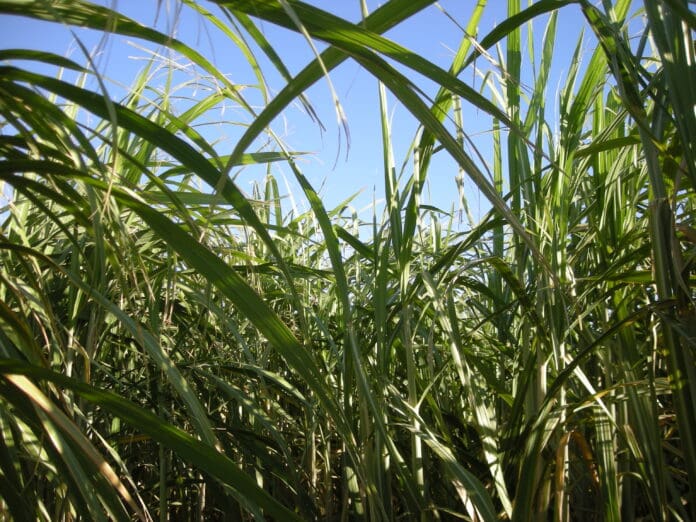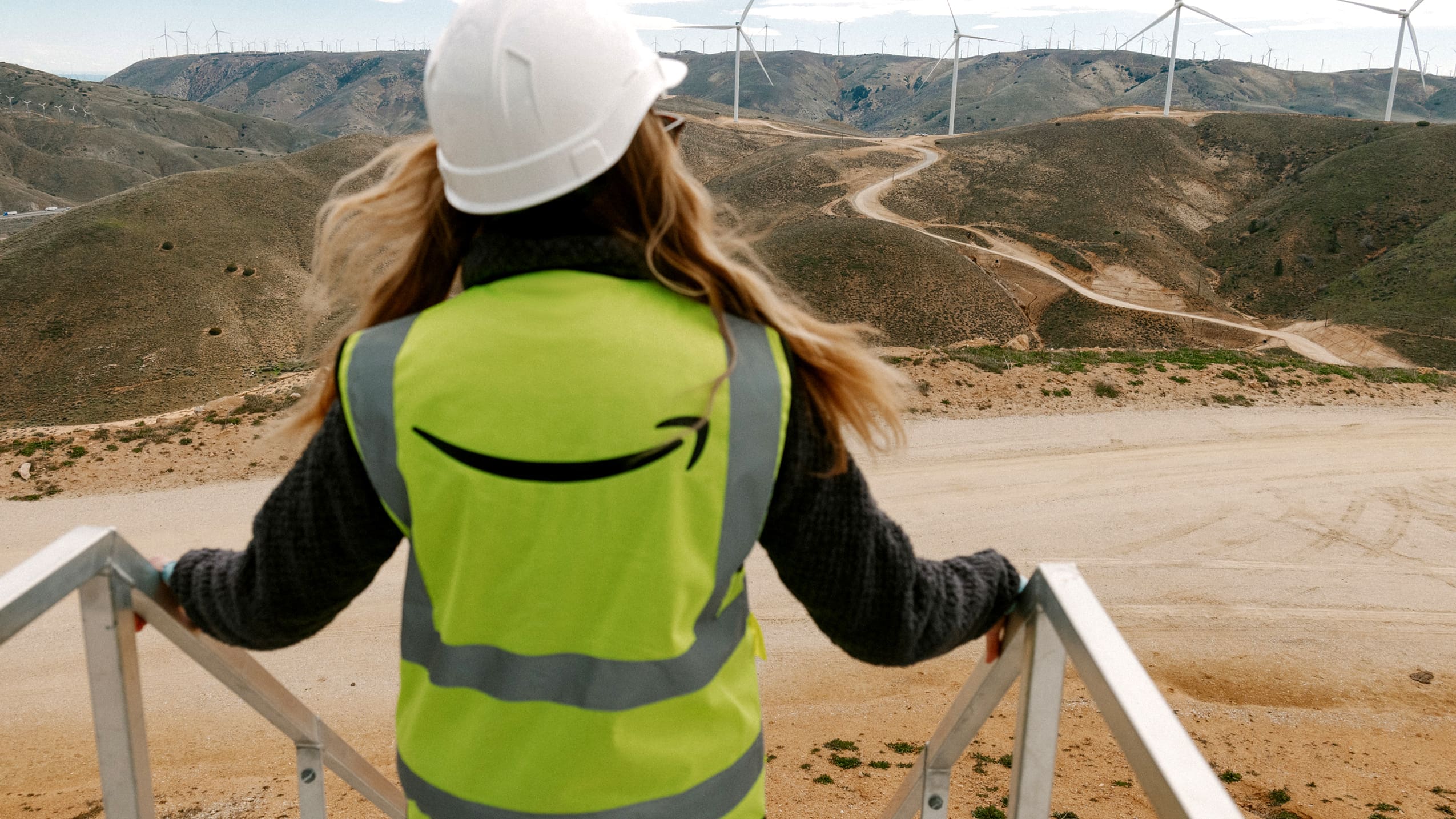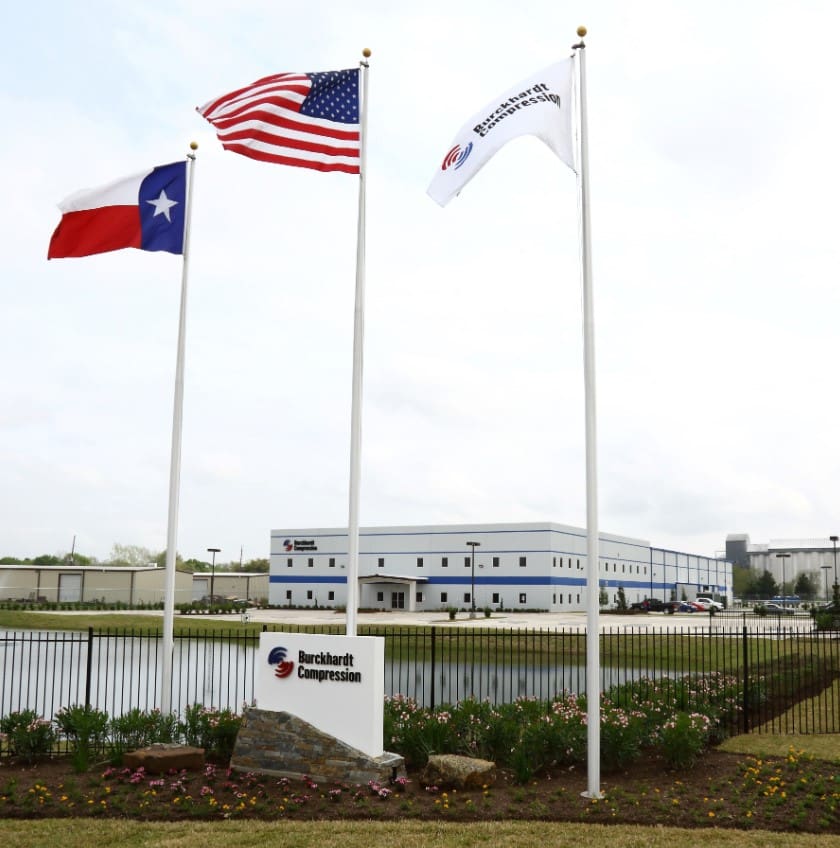Sugar Valley Energy (SVE), a new 160-acre bioenergy campus planned in California’s Imperial Valley has added New York-based TerraNova Capital Equities Inc. to its finance team to lead marketing and placement of equity capital for the US$1 billion project.
The 25-year-old investment bank focuses on the small- to middle market and provides equity and debt solutions to its clients. TerraNova’s renewables focus includes solar, food waste, plastic, and battery recycling technologies, and clean energy technologies, with a recent initiative in clean power (solar, geothermal, and hydro) data centers.
“TerraNova is a premier investment bank and advisory firm with global reach, and we welcome their contributions to our team as we work to structure financing that will enable Sugar Valley Energy to begin construction,” said California Ethanol + Power Chief Executive Officer and President David Rubenstein.
“Sugar Valley’s success in bringing a sustainable energy project of this magnitude so far along in its development schedule made a strong impression on TerraNova. Along with their significant investment to date, the team’s ability to execute on the key development milestones demonstrates their unparalleled commitment to this project. We are excited to work with such a diligent and tenacious team to bring this project to fruition,” said Todd Coffin, TerraNova’s head of structured finance.
SVE is now in the final stage of development and is comprised of a sugarcane-to-ethanol production facility, a bioelectric power island, and a wastewater treatment facility. SVE’s sustainable energy products will include annual production of 76 million gallons (288 million liters) of low-carbon ethanol that can be used for sustainable aviation fuel (SAF) or transportation fuels blending, renewable natural gas (RNG), 42 MW of bioelectricity, and local wastewater treatment connections to benefit regional businesses and residents.
The project is expected to support as many as 15,000 jobs during the construction and start-up phases, as well as approximately 2000 agricultural jobs at full scale feedstock production. The sugarcane feedstock will be directly controlled by SVE through contract arrangements with local Imperial Valley farmers. SVE has developed a robust long-term feedstock program that envisions growers currently producing alfalfa for animal feed export markets switching to sugarcane production.

















